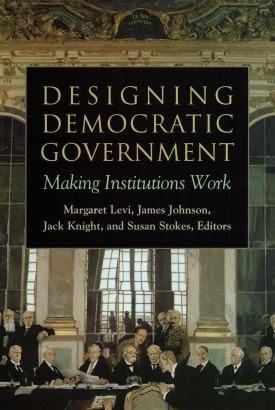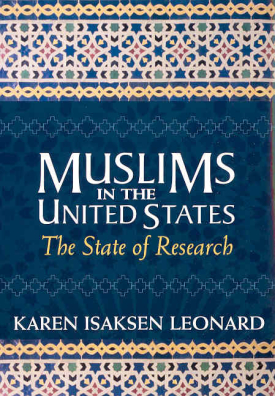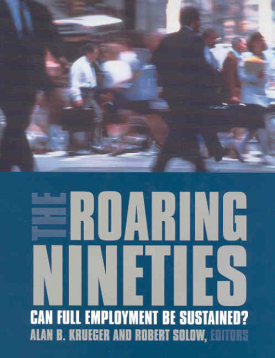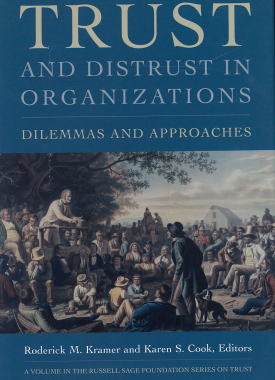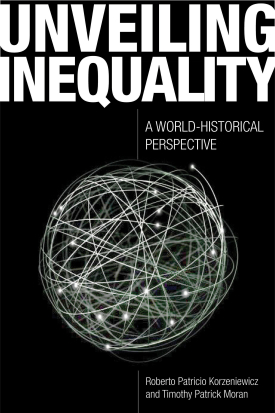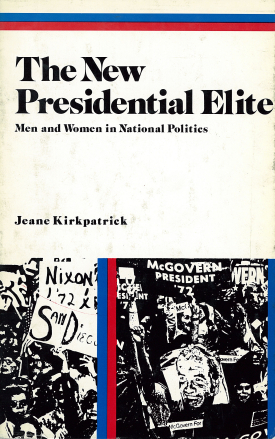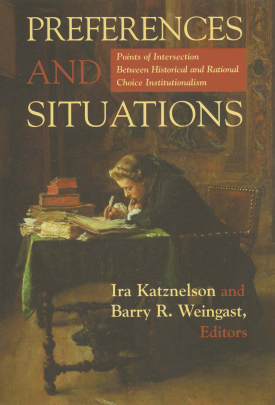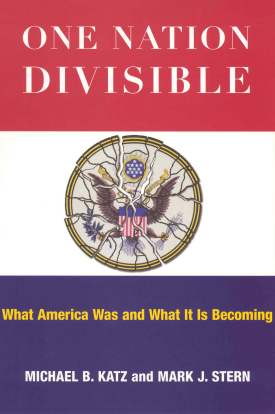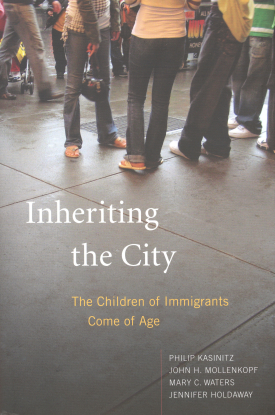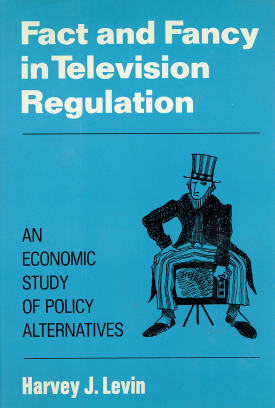
Fact and Fancy in Television Regulation
About This Book
How diverse can, and should, TV programming be? And especially, in what precise ways does governmental regulation of TV affect (or fail to affect) the programs station owners produce—programs which, in the final analysis, shape in such large measure the values of Americans? It is to these timely and beguiling questions that Harvey Levin addresses his dispassionate assessment of the complex relationship between government and the TV industry. Analyzing data drawn from the history of the FCC's regulatory decisions, as well as from interviews with numerous government and industry officials, Professor Levin shows how the present form of restrictive governmental regulation almost always results in higher profits and rents for TV stations, with no concomitant increase in programming diversity.
In addition, Professor Levin investigates various other aspects of the media market, from the particular kinds of crucial decisions that are made when, for example, a newspaper owns a TV station, to the kinds of problems that arise when commercial rents are taxed to fund public TV; from the brand of programming we are offered when a monopoly controls a given TV market to the nature of programming in a situation of steady and fair competition. Following a comprehensive assessment, the author makes a compelling case for diversification of station ownership, in order to be "safe rather than sorry." He also argues for the entry of new stations, more extensive support of public TV, and some form of quantitative program requirements—all of which will help bring about greater program diversity.
Professor Levin's volume provides us with a fully documented and sharply focused analysis of the theories, policies, and problems of one of the most powerful and misunderstood of contemporary institutions.
HARVEY J. LEVIN is professor of economics at Hofstra University and senior research associate at the Center for Policy Research.

